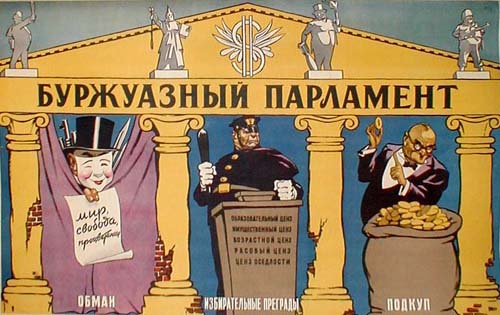Beginning in 1990, Japan suffered a collapse in real estate and stock market prices that pushed major banks into insolvency. Rather than follow America’s tough recommendation – and close or recapitalise these banks – Japan took an easier approach. It kept banks marginally functional through explicit or implicit guarantees and piecemeal government bail-outs. The resulting “zombie banks” – neither alive nor dead – could not support economic growth.
A period of feeble economic performance called Japan’s “lost decade” resulted.
Unfortunately, the US may be repeating Japan’s mistake by viewing our current banking crisis as one of liquidity and not solvency. Most proposals advanced thus far assume that, once confidence in financial markets is restored, banks will recover.
But if their assumption is wrong, we risk perpetuating US zombie banks and suffering a lost American decade.
Evidence – a mountain of toxic assets, housing market declines, a sharp economic recession, rising unemployment and increasing taxpayer exposure through guarantees, loans, and infusion of capital – strongly suggests that some American banks face a solvency problem and not merely a liquidity one.
We should act decisively. First, we need to understand the scope of the problem. The Treasury department – working with the Federal Reserve – must swiftly analyse the solvency of big US banks. Treasury secretary Timothy Geithner’s proposed “stress tests” may work. Any analyses, however, should include worst-case scenarios. We can hope for the best but should be prepared for the worst.
Next, we should divide the banks into three groups: the healthy, the hopeless and the needy. Leave the healthy alone and quickly close the hopeless. The needy should be reorganised and recapitalised, preferably through private investment or debt-to-equity swaps but, if necessary, through public funds. It is time for triage.
To prevent a bank run, all depositors of recapitalised banks should be fully guaranteed, even if their deposit exceeds the Federal Deposit Insurance Corporation maximum of $250,000 (€197,000, £175,000). But bank boards of directors and senior management should be replaced and, unfortunately, shareholders will lose their investment. Optimally, bondholders would be wiped out, too. But the risk of a crash in the bond market means that bondholders may receive only a haircut. All of this is harsh, but required if we are ultimately to return market discipline to our financial sector.
This is not a call for nationalisation but rather for a temporary injection of public funds to clean up problem banks and return them to private ownership as soon as possible. As president Ronald Reagan’s secretary of the Treasury, I abhor the idea of government ownership – either partial or full – even if only temporary. Unfortunately, we may have no choice. But we must be very careful. The government should hold equity no longer than necessary to restructure the banks, resume normal lending and recoup at least a portion of taxpayer investment.
After replacing bank management with new private managers, the government should have no say in banks’ day-to-day operations.
The FDIC can assist. Just this year, it has placed more than a dozen American banks – admittedly all small – into receivership. We might also consider setting up something akin to the Resolution Trust Corporation, created in 1989 to liquidate the assets of failed savings and loans. The RTC eventually disposed of almost $400bn in assets of more than 700 insolvent thrifts.
To avoid bank runs and contain market disruption, the Treasury should announce its decisions at one time. Washington will also need to co-ordinate its actions with other major capitals, especially in western Europe and east Asia. At best, this will encourage other countries to take similar steps with their own banking systems. At a minimum, other governments can prepare for the financial turmoil associated with the announcement.
This approach is not pretty or easy. It will cost a lot of money, with the lion’s share coming from US taxpayers, at least in the short to medium term. But the alternative – a piecemeal pumping of more public money into insolvent banks in the vague hope that things will improve down the road – could truly be historic folly.
Eventually our banks and economy will start to recover. When they do, we would be wise to avoid another Japanese mistake – raising taxes. To counter mounting debt created by government stimulus packages, Japan increased taxes in 1997. Consumption dropped and the country’s economy collapsed.
Our ad hoc approach to the banking crisis has helped financial institutions conceal losses, favoured shareholders over taxpayers, and protected senior bank managers from the consequences of their mistakes. Worst of all, it has crippled our credit system just at a time when the US and the world need to see it healthy.
Many are to blame for the current situation. But we have no time for finger-pointing or partisan posturing. This crisis demands a pragmatic, comprehensive plan. We simply cannot continue to muddle through it with a Band-Aid approach.
During the 1990s, American officials routinely urged their Japanese counterparts to kill their zombie banks before they could do more damage to Japan’s economy. Today, it would be irresponsible if we did not heed our own advice.
The writer was chief of staff and Treasury secretary for President Ronald Reagan and secretary of state for President George H.W. Bush
























